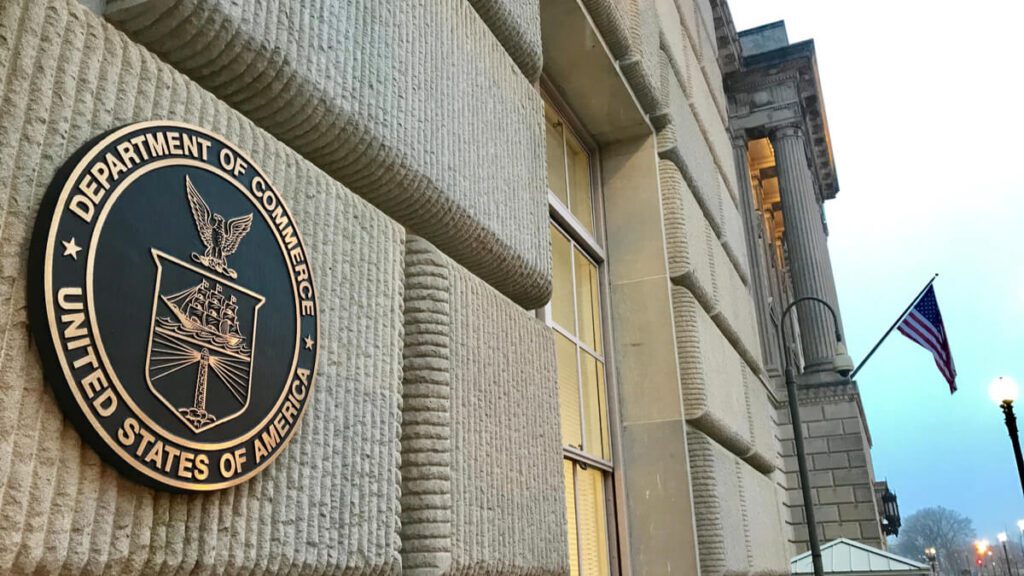
The U.S. Department of Commerce sanctioned on Monday 14 Chinese tech companies over links to human rights abuses against Uyghur Muslims in Xinjiang, northwest China.
Adding these firms to the Entity List restricts American companies from collaborating with any of the listed businesses without a special license.
Among the listed companies is DeepGlint, a Chinese facial recognition firm, which is funded by Sequoia Capital, a venture capital firm based in Silicon Valley, who has yet to comment on the sanctions.
However, the Chinese company gained international bragging rights through the U.S. National Institute of Standards and Technology’s (NIST) Face Recognition Vendor Test.
The firm also claimed top accuracy last January giving it a powerful marketing tool in the security and surveillance industry. According to DeepGlint, its technology can capture images of, and identify, individuals and vehicles as far away as 50 meters, as it helped police catch a criminal who had been on the run for 20 years.
Although, the collaboration between Sequoia and DeepGlint started back in 2014, before China’s genocide of Uyghurs, the U.S.-based company funded another Chinese surveillance services provider, Yitu Technology, in 2020 that also ended up on the entity list for similar human rights abuses.
Likewise, the commerce department sanctioned two subsidiaries of Chinese military contractors, that separately offer surveillance equipment and services, which are Xinjiang Lianhai Chuangzhi company and Chengdu Xiwu Security System Alliance.
Xinjiang Lianhai Chuangzhi created an AI-powered checkpoint system that is able to track Uyghurs as they move around cities, according to a 2019 report from the Italian Institute for International Political Studies.
Leon Technology for surveillance services – controlled by the AI Chinese giant SenseTime – was sanctioned on Monday as well, for providing oppressive technology in Xinjiang in 2019.
The commerce department sanctions also included nine other Chinese companies for national security reasons, as well as companies in Iran, Russia, and Canada, among other countries.